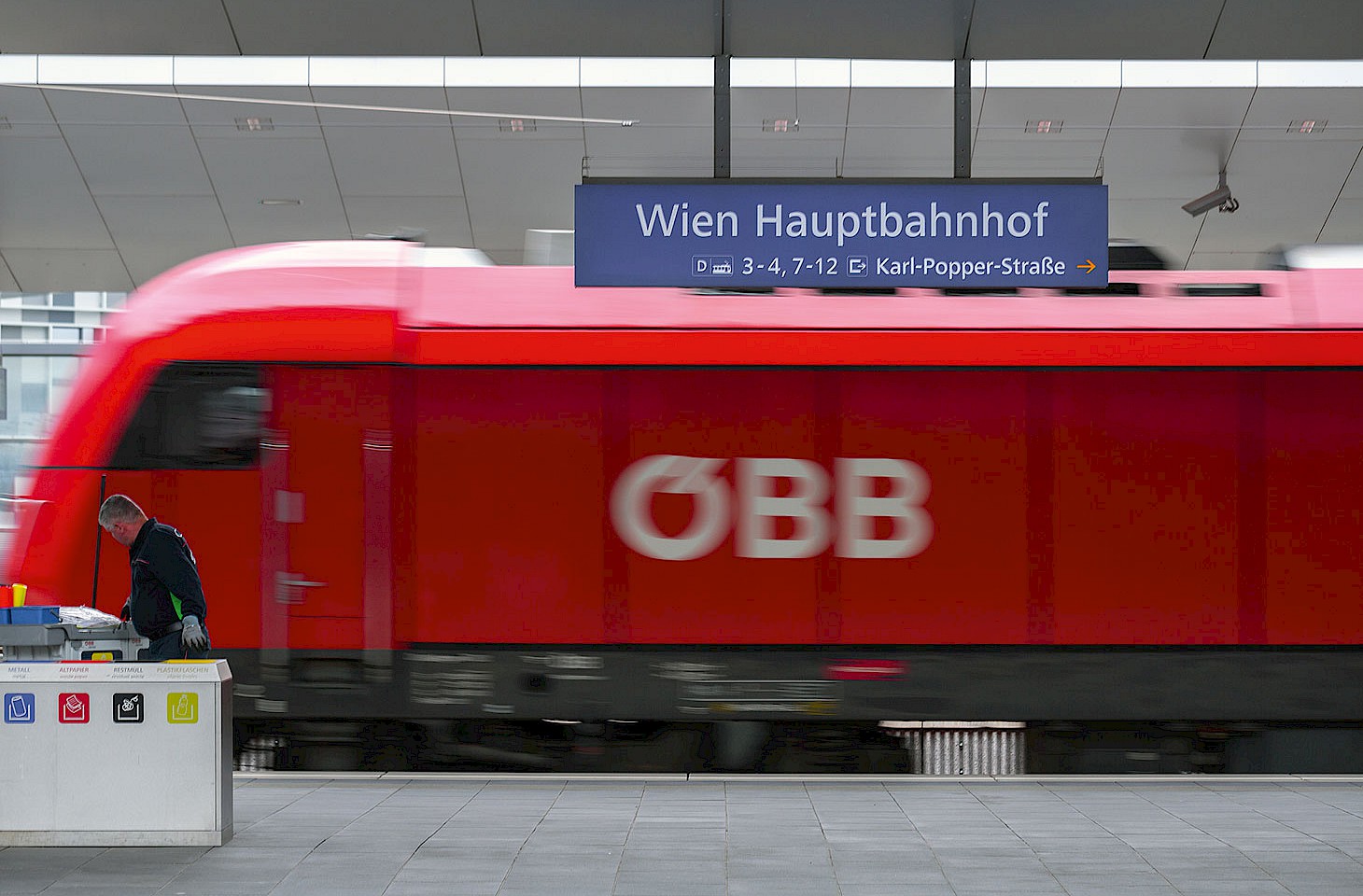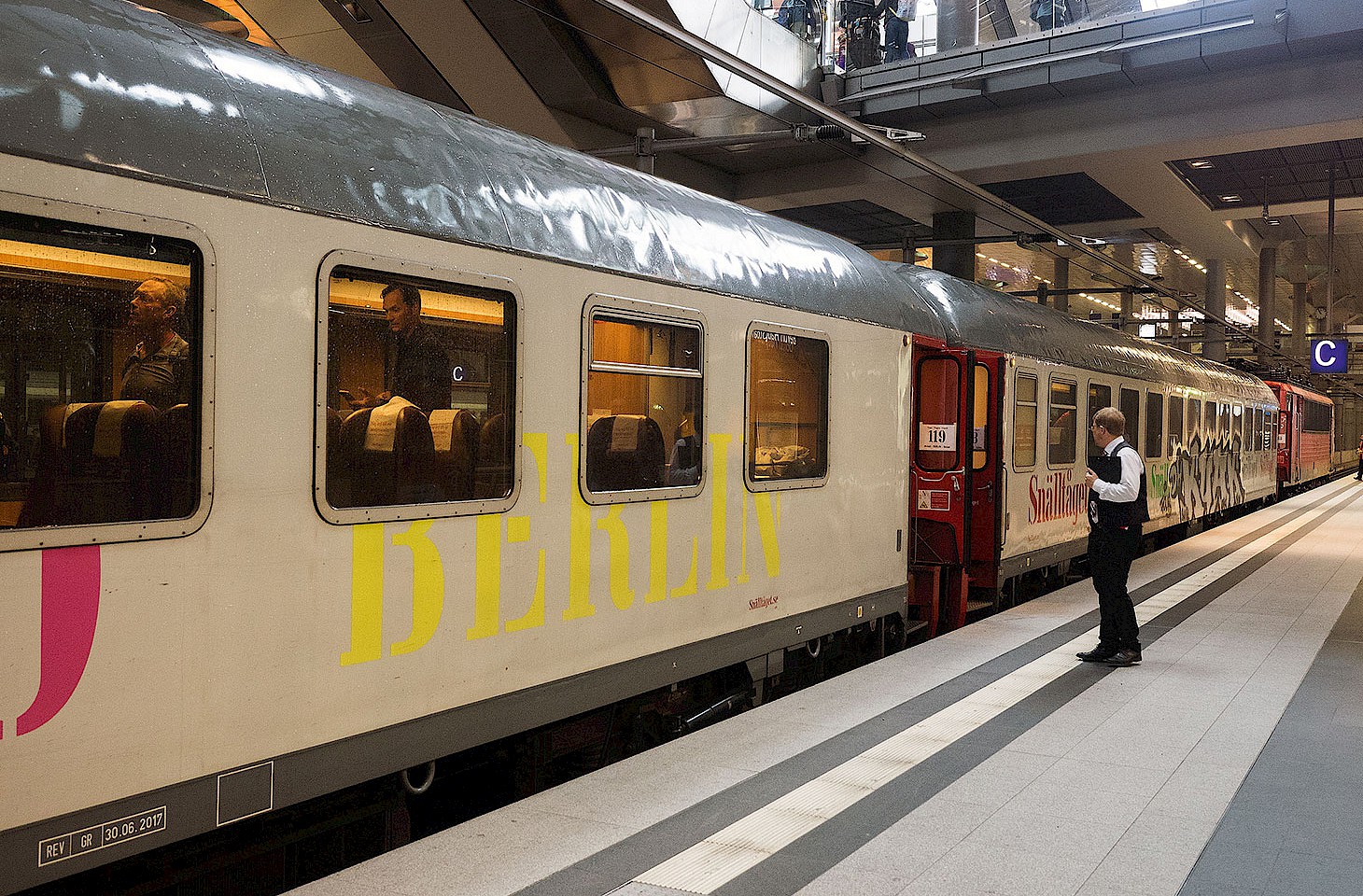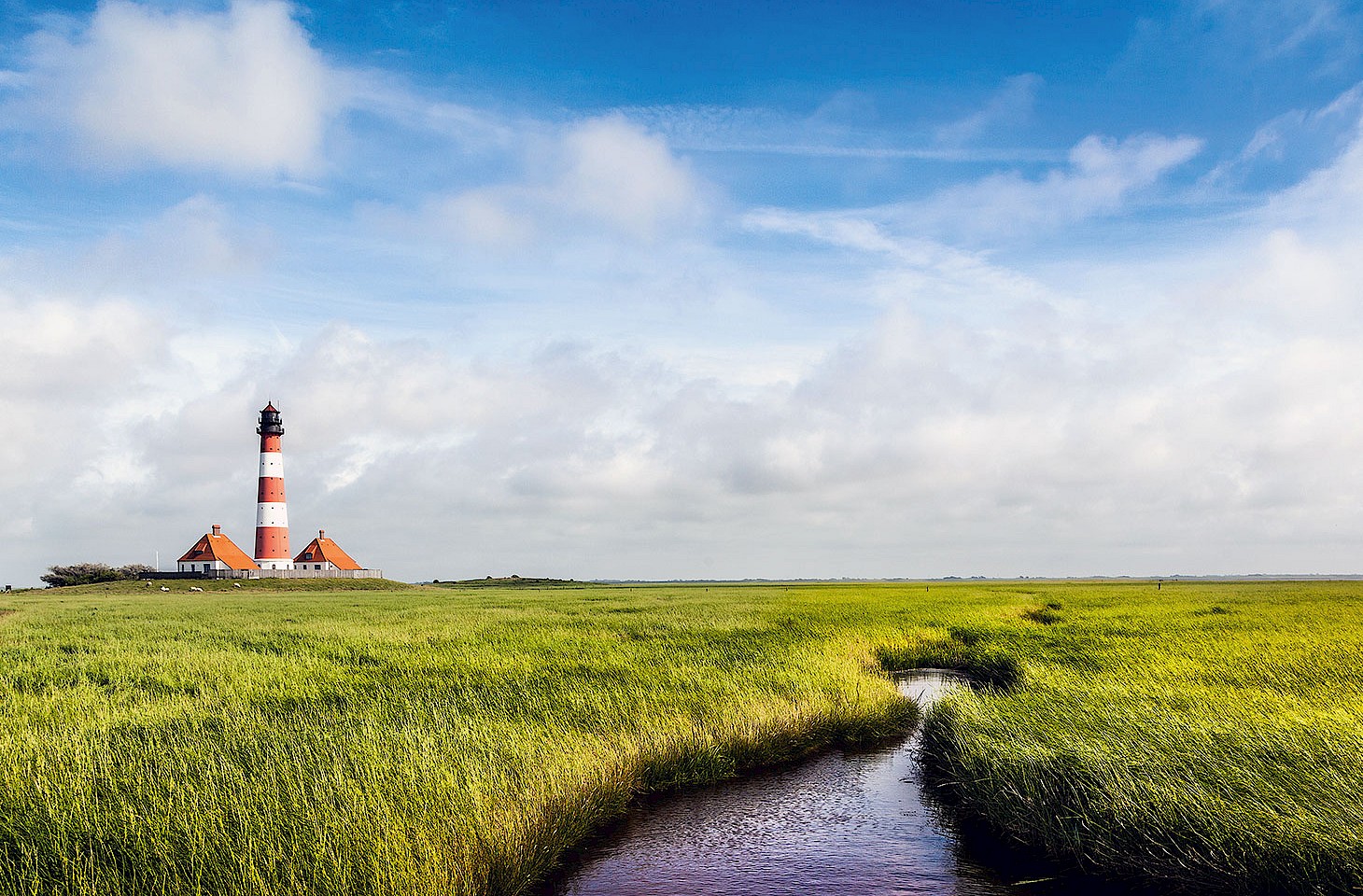What makes Berlin special? Or is it special at all? It is sometimes hard to place one’s home city, but in this reflection on Berlin — the city where hidden europe is produced — we try and pin down that peculiar quality of the German capital that makes the city loved and hated in equal measure.
Kiev, Athens, Helsinki, Belgrade, Moscow, Oslo have all been in the limelight. But not Berlin. Hosting the Eurovision Song Contest may not be the highpoint of cultural diplomacy, but it is by and large a privilege accorded to the capital city of the country that wins the previous year’s contest. And thus over the last six years the capitals of Ukraine, Greece, Finland, Serbia, Russia and Norway have all played host to the bizarre but enduringly popular event. This year saw Germany take the prize and all eyes turned to Berlin. But it is not to be. Düsseldorf will host the 2011 contest. On the two previous occasions that Eurovision was staged in Germany, Munich and Frankfurtam- Main received the privilege.
You may judge that securing the right to host the Eurovision Song Contest is hardly a definitive measure of a city’s standing, whether in its own country or more widely. So what of football? Fiftythree football associations are members of UEFA, the Swiss-based organisation which presides over football matters across Europe. It is only in Germany and in Wales that the capital city has no team represented in the premier league of its national association. The Welsh situation is unusual in that Cardiff City opts to play in the second tier of English football (called the Football League Championship) rather than in Cynghrair Cymru — the Welsh Premier League.
Look at the prestigious Erste Bundesliga, Germany’s equivalent of the English Premier League, and you’ll see that footballing talent is heavily weighted towards western Germany. All eighteen teams in the Bundesliga this season are west German. So it is not merely that Berlin is presently unrepresented in the Erste Bundesliga, but the entire territory of former East Germany is, in the current season at least, invisible in topflight German football.




